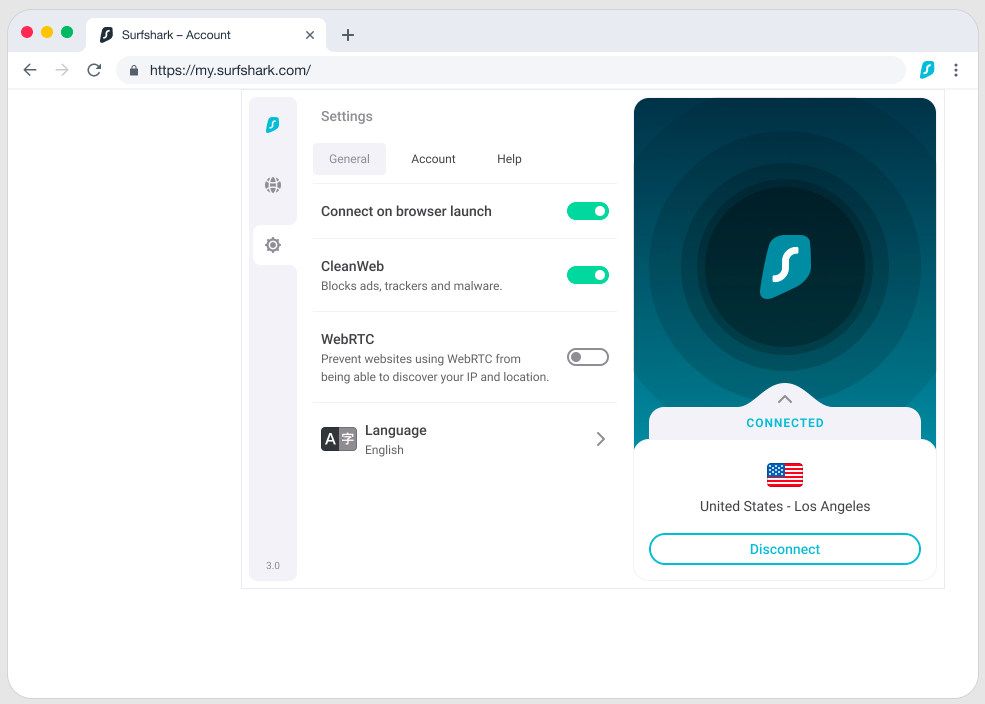With Hybrid work and work from home becoming more prevalent after Covid-19, corporate life is being brought home and companies are giving everyone of their employees laptops. These laptops are given to employees to protect important company information. They protect this information by making sure you can’t send any kind of data off the laptop without the company knowing. So what does this mean for your camera and microphone on that laptop? Does your W-2 have the right invade your privacy? Even if they include it in the long employment agreement. They also have teams of employees that search every inch of the internet for anything personal about you. This includes your social media, yelp accounts sometimes even what subscriptions you have.
How does your W-2 spy on you?
Any company worth north of 100 million will devote millions of resources to their IT and cybersecurity departments to protect and streamline every single piece of technology they have. This includes pieces of software that only large firms are able to get a hold of with only a couple teams knowing their full reach of the software. These employees are NDA’d out the wazoo which stops them from being able to scare off fellow employees they spy on with this state of the art software. In our opinion this is the alternate version of a spy state.
Their are 3rd party companies who’s sole business objective is to gain as much information about a person to then sell it to an employer who then can determine on this information if you are a good hire or not. While this is legal it is not necessarily ethical. Yes, employers devote thousands of dollars whether it be in losses when you are not doing actual work or resources they use to train you to do your job right. If the employee is a bust and they have to fire them then they are out of resources that could’ve been used for someone else. So this is the dilemma that any company over 10 employees have either you sacrifice your employees privacy or you potentially lose out on money.
When the potential for loss starts come into an employers mind some of them will stop at nothing and will even break privacy laws such as HIPPA to find out the downsides of an employee. These types of privacy breaches are starting to become more and more common and even industry standard with courts ignoring the problems and even allowing some of the big firms blatantly ignore federal law with some benign reasonings.
Since they are getting to aggressive they now have partnerships with companies who just buy information from facebook, youtube, google, and any other place that has a plethora of information on a person. This information can be from your foot size to what kind of heart medication you take. These are data brokers these are the companies who are the in between information about you basically the ones who spy on you.
Here are some tips to keep from companies knowing anything about you other than what’s on your resume and what your experience is.
- Be Selective About Sharing Information: Only provide information on your resume that is relevant to the job you’re applying for. You don’t need to include personal details like your home address, marital status, or other sensitive information.
- Use a Professional Email Address: Create a separate email address for job-related communication. Avoid using personal email addresses that might reveal too much about you.
- Control Your Online Presence:
- Social Media: Review and adjust your privacy settings on social media platforms. Consider making your profiles private and limiting the information visible to the public.
- LinkedIn: While LinkedIn is a professional networking site, be cautious about the level of personal information you share there.
- Avoid Sharing Sensitive Personal Information: Be cautious about sharing personal information like your Social Security number, driver’s license, or other sensitive documents until you’re in the later stages of the hiring process.
- Research Companies’ Privacy Policies: Before submitting applications or sharing any information, review the company’s privacy policy to understand how they handle your data. Look for companies that prioritize data security and privacy.
- Use Privacy-Oriented Job Search Platforms: Some job search platforms focus on privacy and allow you to apply for jobs without sharing your full contact information until you choose to engage with an employer.
- Limit Third-Party Access: Be cautious about granting access to your data through third-party applications or services. Some job search platforms might ask for access to your social media profiles—evaluate the necessity before granting access.
- Customize Your Application: Tailor your resume and cover letter for each application. This allows you to control what information is presented based on the job requirements.
- Be Mindful of Keywords: Use relevant keywords in your resume to match the job description, but avoid using personal information as keywords.
- Use Disposable Phone Numbers: Consider using temporary or disposable phone numbers for initial communication. This can help protect your personal phone number until you’re sure about the legitimacy of the employer.
- Research Companies: Look into the companies you’re applying to. Are they known for respecting privacy and data security? This can give you an idea of how your information might be handled.
- Ask Questions: During interviews or communication with employers, feel free to ask about their data handling practices. You have the right to know how your information will be used and stored.
- Opt-Out Options: If a company’s application process requires providing more information than you’re comfortable with, consider reaching out to them to inquire about alternative ways to apply.
- Use Encrypted Communication: If you’re communicating with employers via email or other digital means, consider using encrypted communication tools to protect your conversations from unauthorized access.
Stay Anonymous
A lot of this information can stay out of the hands of these data brokers and your employer if you know how to keep your information off of the internet. Here is an article on how to stay Anonymous and keeping information out off the internet. It’s your choice don’t let them spy on you

